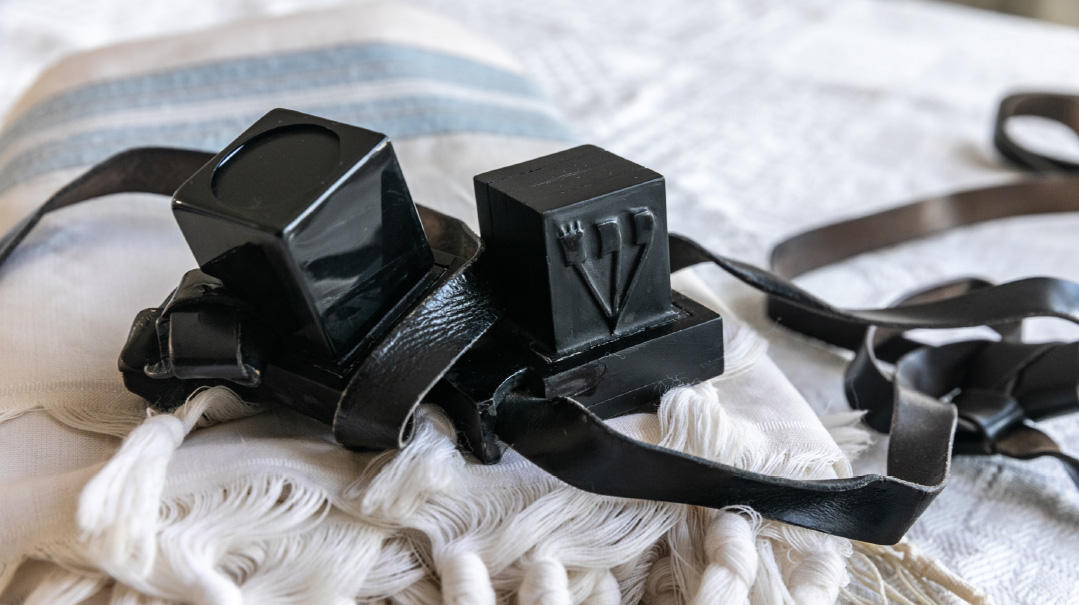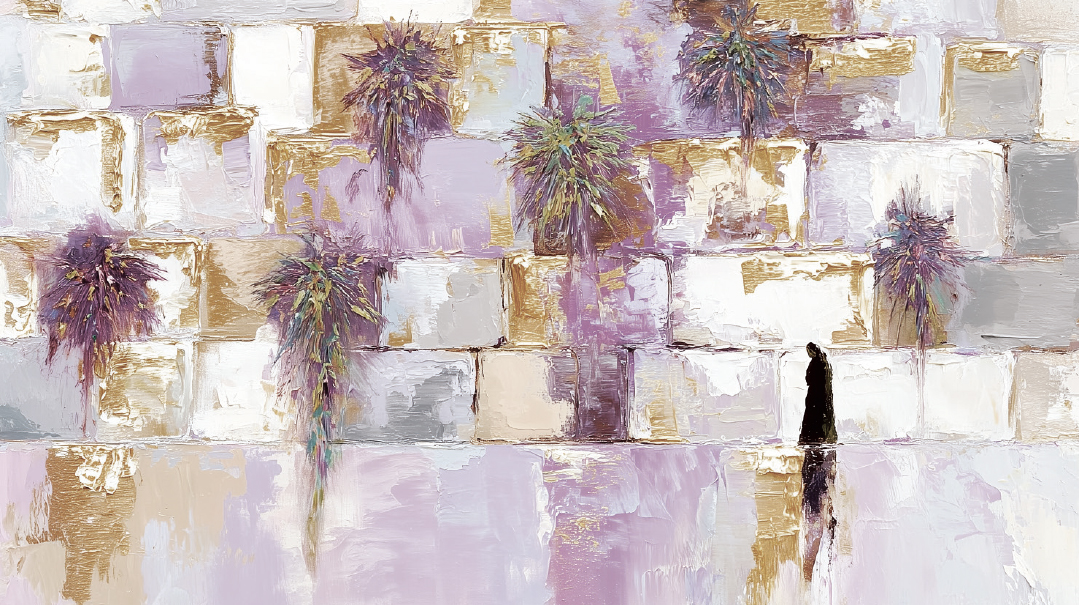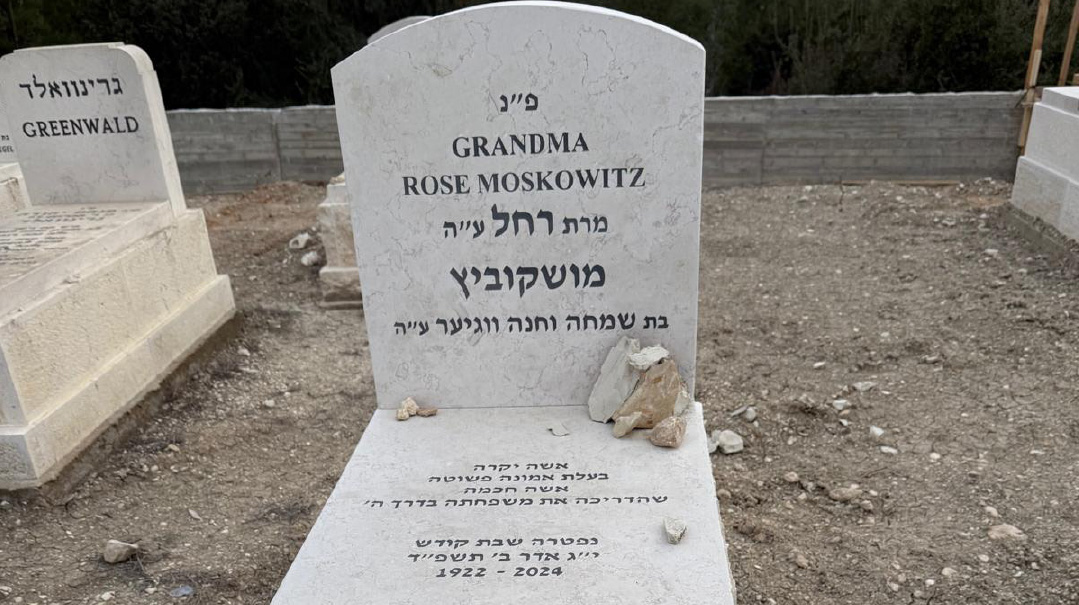The Power of Truth
| May 27, 2025His decision to live by emes, to raise his son with unwavering honesty, laid the foundation for a Torah revolution

INEchoes of the Maggid (ArtScroll, 1999), my grandfather, Rabbi Paysach Krohn, seamlessly weaves together divrei Torah with stories that deliver meaningful lessons. Here is a recap of “True to Life,” one of the stories in the book:
Years ago, while vacationing with her family in a bungalow colony, a woman gave birth prematurely. Her baby boy, who weighed just over two pounds, was rushed to a neonatal ICU. Doctors and nurses fought to sustain the life of the little boy with a weak heart and frail lungs who needed frequent blood transfusions.
Her husband asked if he could donate his own blood to his son.
“If your blood type matches his, we can designate it for him from our blood bank,” a doctor replied.
The father’s blood type was indeed a match, and when he arrived for his donation appointment, an older son accompanied him. This son, who had been born prematurely himself, also wanted to donate blood to his baby brother — but as they entered the room, the father noticed a sign that read, “Only those between 17 and 65 may donate blood.”
His son was still 16, and ineligible to donate.
“I’ll be 17 in two weeks,” he protested.
“I’m sorry,” his father said, “but saying you’re 17 when you’re not is false.”
A few days later, this 16-year-old was a passenger in a car that plunged off a 200-foot cliff. He survived by a miracle, but he had lost so much blood, by the time medics managed to extricate him from the wreck, he required concentrated blood just to keep him alive until he reached the hospital.
When the doctor learned that the boy had nearly donated blood just days earlier, he remarked, “Had he given blood that day, he wouldn’t have survived. His body wouldn’t have had enough time to replenish the blood he needed to stay alive.”
His mother, who told Rabbi Krohn the story, said, “If not for my husband’s erlichkeit and honesty, my son would not be alive today.”
Over the years, I’ve shared this story with my sixth-grade class in Yeshiva K’tana of Waterbury, and its impact has been profound. I asked my grandfather who the family was (in the book, names are changed), and he told me, “It happened with the Newman family. Rabbi Dovid Newman was the older brother in the story.”
“Rabbi Dovid Newman from the V’haarev Na program?” I asked, referencing the program that motivates mesivta bochurim to learn with “chazarah, chazarah, chazarah, and then chazarah.”
“Yes,” my grandfather replied.
I was shocked. My class learns Torascha B’finu, one of Rabbi Newman’s V’haarev Na programs; we feel a special connection to him. In my years as a rebbi, I’ve seen this program inspire boys in ways I could never have imagined.
When the story was written in 1999, it seemed that emes had literally spared a life, which was powerful enough. But after all these years, it’s clear there’s much more to it.
V’haarev Na has blossomed into a global Torah movement, spreading sweetness in Gemara to thousands. Rabbi Newman’s unwavering commitment to emes in Torah led to the creation of Torascha B’finu for middle school boys; Bonai Chavivai for 12-year-olds completing and knowing a masechta for their bar mitzvahs; and the Kinyan Hamasechta program for balabatim.
Rabbi Dovid Newman’s father could have never imagined what his steadfast commitment to truth would lead to. His decision to live by emes, to raise his son with unwavering honesty, laid the foundation for a Torah revolution, impacting not only his family but generations of talmidim around the world.
Two summers ago, a talmid of Rabbi Newman was driving up to the mountains when his engine overheated. He pulled over to the side, and while waiting for the engine to cool, he got out his Gemara Succah and chazered for 30 minutes. The talmid snapped a picture for his rebbi, Rabbi Newman, and told him where he was. It was the exact mile marker of Rabbi Newman’s accident 34 years earlier.
Rabbi Moshe Dov Heber is a rebbi at Yeshiva K’tana of Waterbury and a division head in Camp Romimu. He is a writer and public speaker, focusing on topics related to inspiration and education.
(Originally featured in Mishpacha, Issue 1063)
Oops! We could not locate your form.






